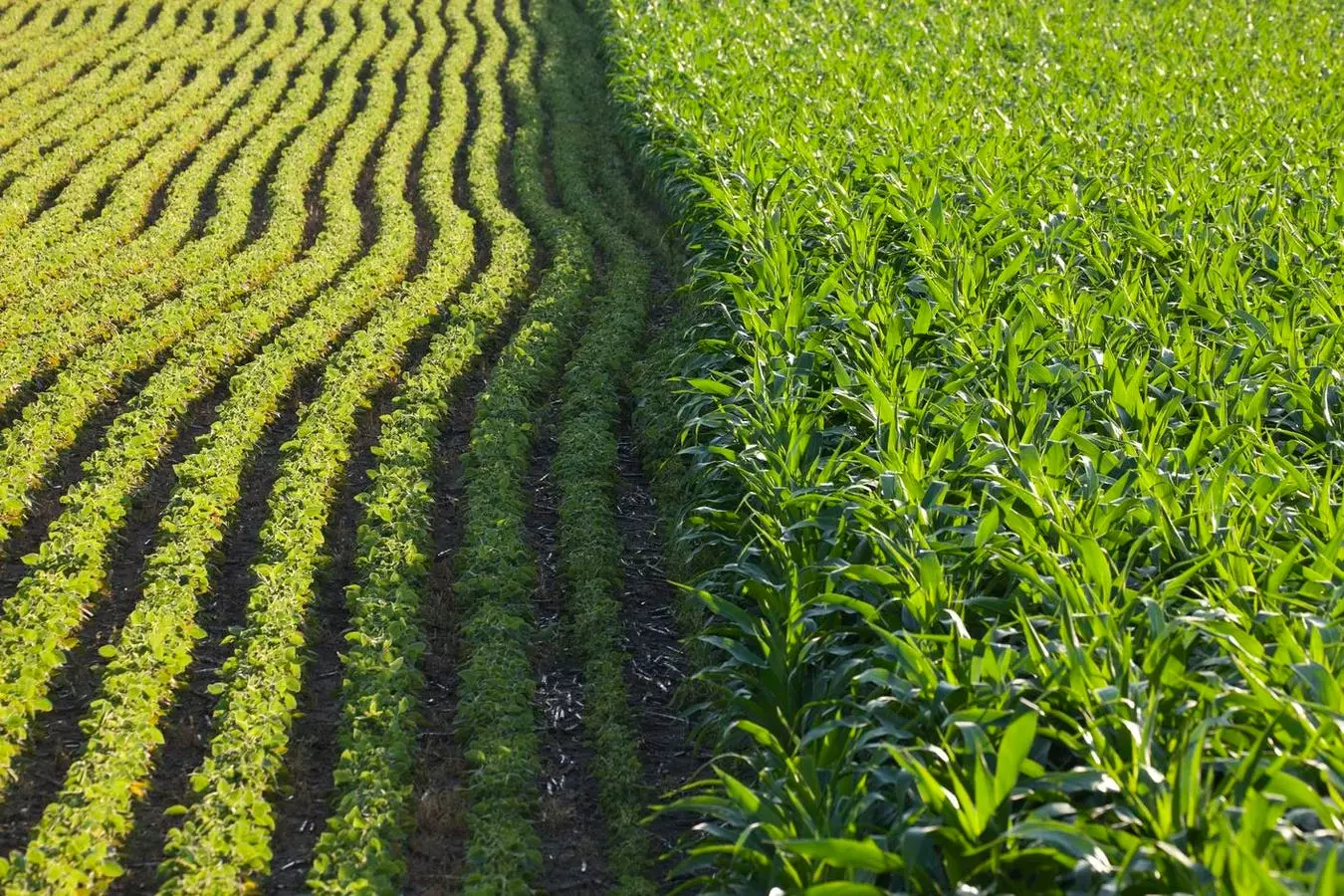In the past decade, the development of CRISPR technology has radically transformed the landscape of genome editing. This powerful tool allows scientists to make precise modifications to DNA sequences, enabling them to turn genes on or off or alter their expressions significantly. As the first CRISPR-based human gene therapy gained regulatory approval in November 2023, the technology’s potential has drawn substantial investment and attention, signaling a new era in biotechnology, particularly for human health and agriculture.
Genome editing is not limited to human applications; the agricultural sector is increasingly recognizing its importance. The challenges facing global agriculture, including climate change, population growth, and food sustainability, demand innovative solutions that leverage tools like CRISPR. The ability to enhance crop resilience, improve yields, and create new traits for consumer enjoyment could redefine the industry and help secure food resources for future generations.
The modern agricultural sector confronts multiple challenges, from the pressing need to feed an expanding global population to environmental sustainability concerns. As urbanization continues to encroach on arable land and climate change leads to more frequent droughts and extreme weather events, robust agricultural practices are crucial. To meet these challenges, researchers and agribusinesses are increasingly turning to genome editing technologies.
Some of the critical challenges that genome editing seeks to address include:
1. **Feeding a Growing Population**: With the world population projected to reach nearly 10 billion by 2050, the demand for food is accelerating. Genome editing may enable the creation of crops that can grow in less-than-ideal conditions, increasing food security.
2. **Adapting to Climate Change**: Crops that can withstand heat, drought, and flooding are essential as climate change alters growing conditions. Gene editing can enhance stress tolerance, allowing crops to thrive in variable climates.
3. **Reducing Agricultural Carbon Footprint**: Innovative technologies are required to decrease emissions and implement sustainable farming practices. Gene editing can help in developing crops with lower environmental impacts, thus assisting global carbon sequestration efforts.
4. **Controlling Pests and Diseases**: The increase in pesticide resistance necessitates new strategies for pest management. Genome editing offers the potential to create crops that are more resilient to pests and diseases without excessive chemical use.
5. **Enhancing Consumer-Centered Traits**: The demand for healthy and appealing food options is rising. Genome editing could enable the development of crops that are not only nutritious but also cater to consumer preferences.
A significant development in the realm of agricultural genome editing is the recent partnership between Corteva Agriscience, a major player in agricultural technologies, and Pairwise, known for its innovations in gene editing. This partnership, announced on September 17, 2023, includes a substantial joint venture and a $25 million equity investment by Corteva. It represents the first significant equity position in gene editing for Corteva, signaling its commitment to advancing agricultural biotechnology.
The collaboration aims to enhance the capabilities of Corteva’s existing crop breeding programs by integrating Pairwise’s advanced editing technologies into its resources. This partnership has the potential to revolutionize how crops are bred and improved, making it possible to develop new, consumer-friendly varieties rapidly.
Pairwise has already made strides in gene editing, having released the first CRISPR-edited leafy greens in North America. This innovation has produced a salad mix that is free of the bitterness found in many traditional leafy greens, appealing to a broader audience and encouraging healthier eating habits.
The projects developed by Pairwise extend beyond salad greens. Their pipeline also includes exciting options like pitless cherries and seedless blackberries, which promise to enhance consumer experience by eliminating unpleasant features of these fruits. By utilizing proprietary technology, known as the Fulcrum™ Platform, Pairwise is advancing the field of gene editing, making it more sophisticated and accessible.
Furthermore, the partnership with Corteva can provide the necessary infrastructure and marketing channels to bring these innovations to market effectively, indicating a holistic approach to transforming agriculture.
As genome editing technologies like CRISPR make their way into commercial use, regulatory frameworks surrounding their application are evolving. The U.S. appears to be moving toward a more streamlined regulatory system for gene-edited crops, a significant shift from the more complex regulations governing transgenic crops. This transition could facilitate quicker adoption of innovative technologies in agriculture.
Currently, countries like Brazil and New Zealand are progressing toward practical regulatory regimes for gene-edited crops, while the EU remains in debate over its policies. As global markets grapple with differing regulations, ensuring harmonized frameworks will be crucial for the international adoption of genome editing.
The landscape of agriculture is poised for an exciting transformation, driven by advancements in genome editing. As public and private sectors collaborate on research and development, the potential for improved crop resilience, environmental sustainability, and enhanced nutritional value becomes increasingly tangible. The journey toward modern agriculture is just beginning, and with technologies like CRISPR, the future looks promising.


Leave a Reply